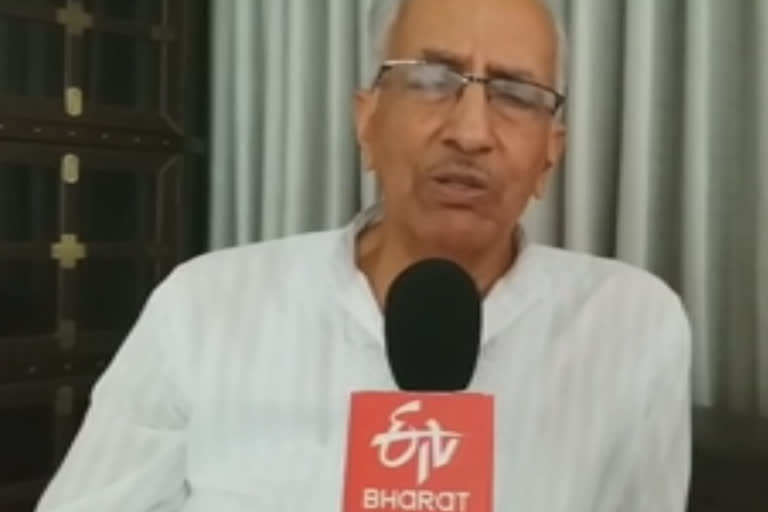New Delhi: Former Director-General (DG) of Border Security Force (BSF) and a petitioner in the police reforms case, Prakash Singh has filed a contempt petition against four states for non-compliance of the Supreme Court directives on police reforms.
Without disclosing the names of the states, Singh said that these states are totally non-compliant of the SC directives.
In 2006, the Supreme Court had issued seven directives for police reform in Prakash Singh vs Union of India case. It was in 1996, that Prakash Singh and another IPS officer NK Singh had filed a PIL in the apex court over police reforms.
The SC directives include constitution of a state security commission, appointment of DGP on merit basis with a minimum two years of tenure, minimum tenure of two years for officers on operational duties, separate investigation and law & order functions, setting up a police established board to decide transfers and postings, setting up a police complaint authority and setting up a national security commission at the Union level to prepare a panel for selection and placement of chiefs of the Central Police Organisations.
"States have not been able to implement all the directives but there is a pressure from the judiciary...People are gradually becoming aware," said Singh.
He further said that police reform is necessary "if India wants to emerge as a progressive nation."
"Police reform is necessary to maintain India's internal security and at the same time it is necessary for a healthy democracy," said Singh.
Significantly, after more than a decade of the SC's directives on police reforms, the centre and states are still not in compliance with them.
In fact, a study conducted by Commonwealth Human Rights Initiatives (CHRI) said that only 17 states have passed new Police Acts since 2006 and few others have issued government orders but not a single state has incorporated the directives in full conformity with the Court's order.
"Several states have inacted laws but it violates the letter and spirit of the Supreme Court directives...," added Singh.
Also Read: Indian Army to induct Artificial Intelligence: Lt General Kler



